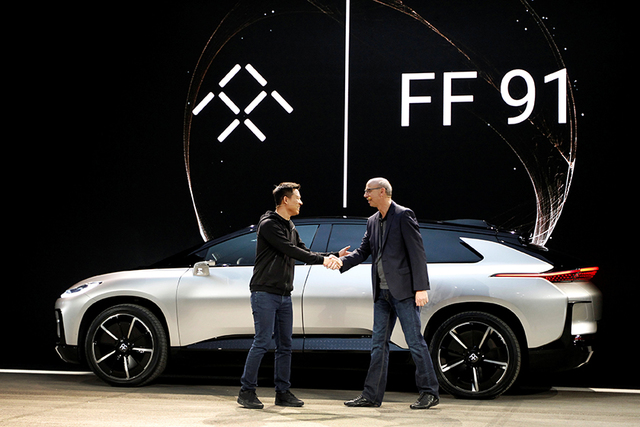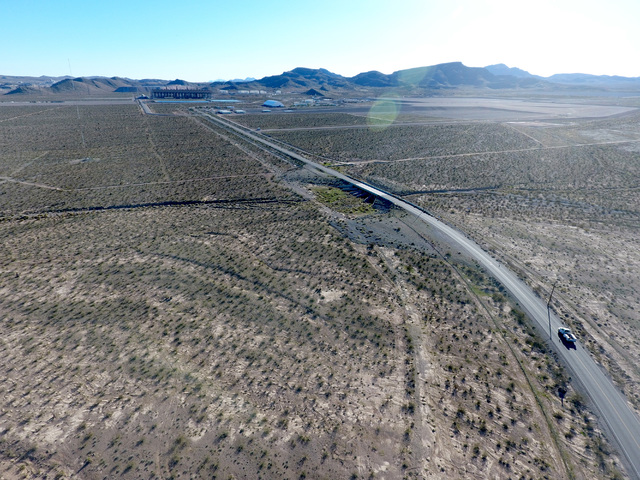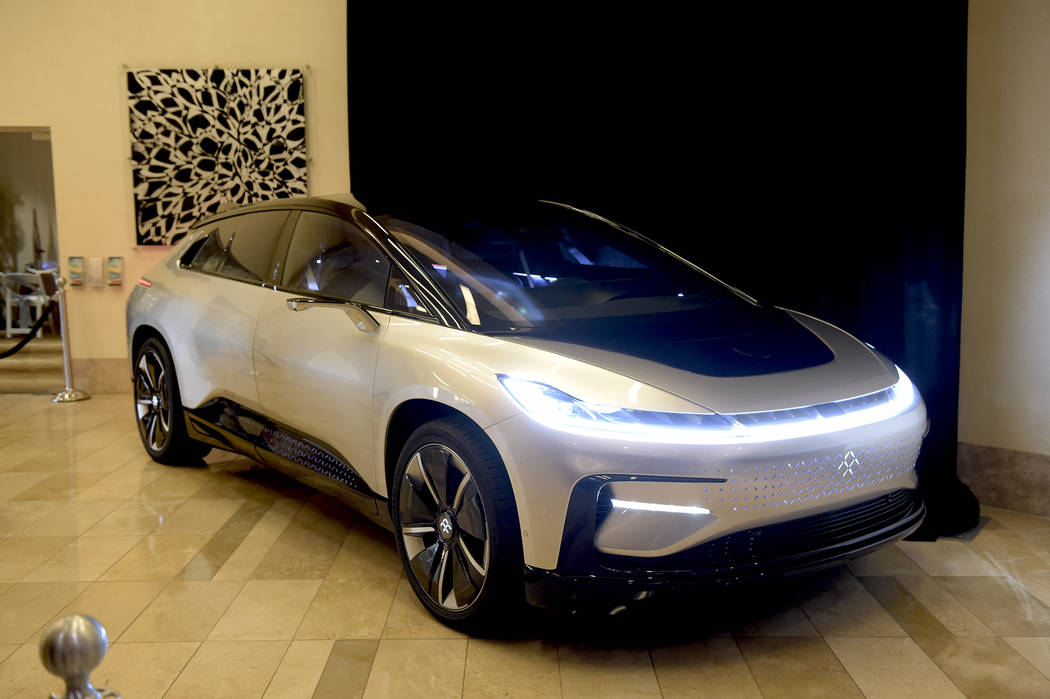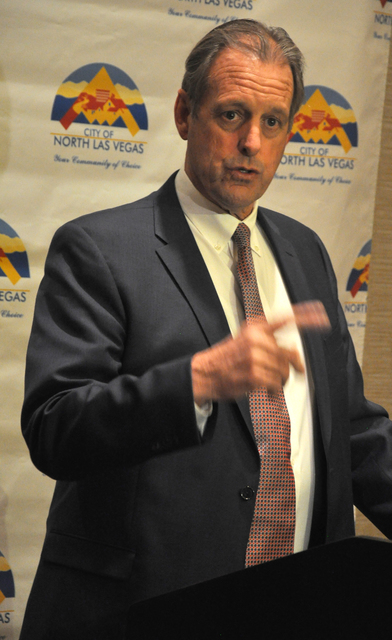5 lessons from the Faraday Future fiasco








The politically powerful in Nevada ignored, mocked and attacked the few people who urged caution before giving $335 million in tax breaks and infrastructure upgrades to start-up automaker Faraday Future.
We learned Monday that the few were right all along. Just 19 months after the December 2015 special session in which the Legislature approved those giveaways, Faraday announced it is not building a factory in North Las Vegas after all.
I was among the skeptical. In my previous job with the Nevada Policy Research Institute, I testified against the Faraday giveaways.
Here are five things Nevada should learn from the Faraday fiasco.
Politicians aren’t as careful as they should be when spending your money.
The special session lasted four days. That wasn’t a lot of time to make a $335 million decision on a deal few knew anything about.
“We had very little actual data to go off of,” said Assemblyman Ira Hansen, R-Sparks, reflecting on the December 2015 special session. “We had nothing like financial statements to back up what (Governor’s Office of Economic Development Executive Director Steve) Hill was saying. Everyone just assumed that Hill and (Gov. Brian) Sandoval had done their homework.”
Hansen, Sen. Don Gustavson, Assemblywoman Robin Titus and former Assembly members Shelly Shelton and Brent Jones were the only lawmakers to vote no. They stand vindicated now.
Don’t accept rosy projections at face value.
It makes no sense that people distrust politicians but accept as certainties their promises about how the future will unfold.
“This is a watershed moment,” Sen. Pat Spearman, D-North Las Vegas, said of the Faraday deal and its promised job creation. “I will be happy to go back to my constituents and say the darkness that has overshadowed us has lifted.”
“I honestly believe it will change the trajectory of the economy of Southern Nevada,” Sandoval said.
Remember how wrong these politicians were the next time you hear a politician’s confident projections about how giveaways can grow the economy.
The economy improved without Faraday.
In his proclamation calling the special session, Sandoval said, “[T]he new Nevada economy requires growing and attracting businesses that bring innovative and new technologies,” implying that the Southern Nevada economy needed the government’s assistance to ward off stagnation.
Nope. In December 2010, the North Las Vegas unemployment rate peaked at 15.6 percent. It was at 6.7 percent during the special session. Despite Faraday not meeting projections, it had dropped to 5.5 percent in December 2016. This isn’t surprising because small businesses, despite lacking the political power to get special deals, create 64 percent of net new jobs.
“This is a good example of why states shouldn’t rely on targeted deal-making,” said Scott Drenkard, director of state projects with Tax Foundation. “Instead, policymakers should pursue comprehensive tax reform that creates investment and growth opportunities for all taxpayers, not just a select few.”
Even success creates problems.
Tesla received $1.3 billion in tax breaks and giveaways from the Legislature in exchange for building a battery factory outside of Reno. It’d be easy for Northern Nevada to gloat about Faraday’s demise, but that would be short-sighted. Faraday failed so fast it hadn’t actually collected any of its tax breaks. Tesla’s gigafactory has produced only a fraction of the jobs its backers promised, but the tax breaks are already flowing.
Unfortunately, the more successful Tesla is, the more problems it creates. As more people move to Northern Nevada for Tesla-related jobs, local governments and schools won’t have as much tax revenue as they would realize from organic economic growth. The North’s reward for picking the right company will end up being higher taxes or reduced public services. I’m glad Southern Nevada avoided that prize.
Politicians have already profited from Faraday.
Investors want a return on their money. Politicians want to get re-elected, which means positive press coverage is more valuable than a company’s future financial return. Glowing news reports and photo-ops help politicians get votes.
Faraday failed, but politicians already cashed in.
These are all reasons government shouldn’t pick winners and losers in the economy.
Victor Joecks’ column appears in the Nevada section each Sunday, Wednesday and Friday. Listen to him discuss his columns each Monday at 9 a.m. with Kevin Wall on 790 Talk Now. Contact him at vjoecks@reviewjournal.com or 702-383-4698. Follow @victorjoecks on Twitter.













